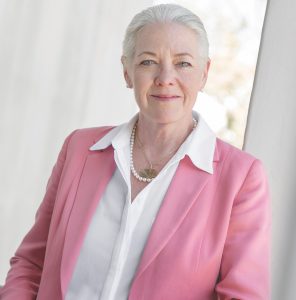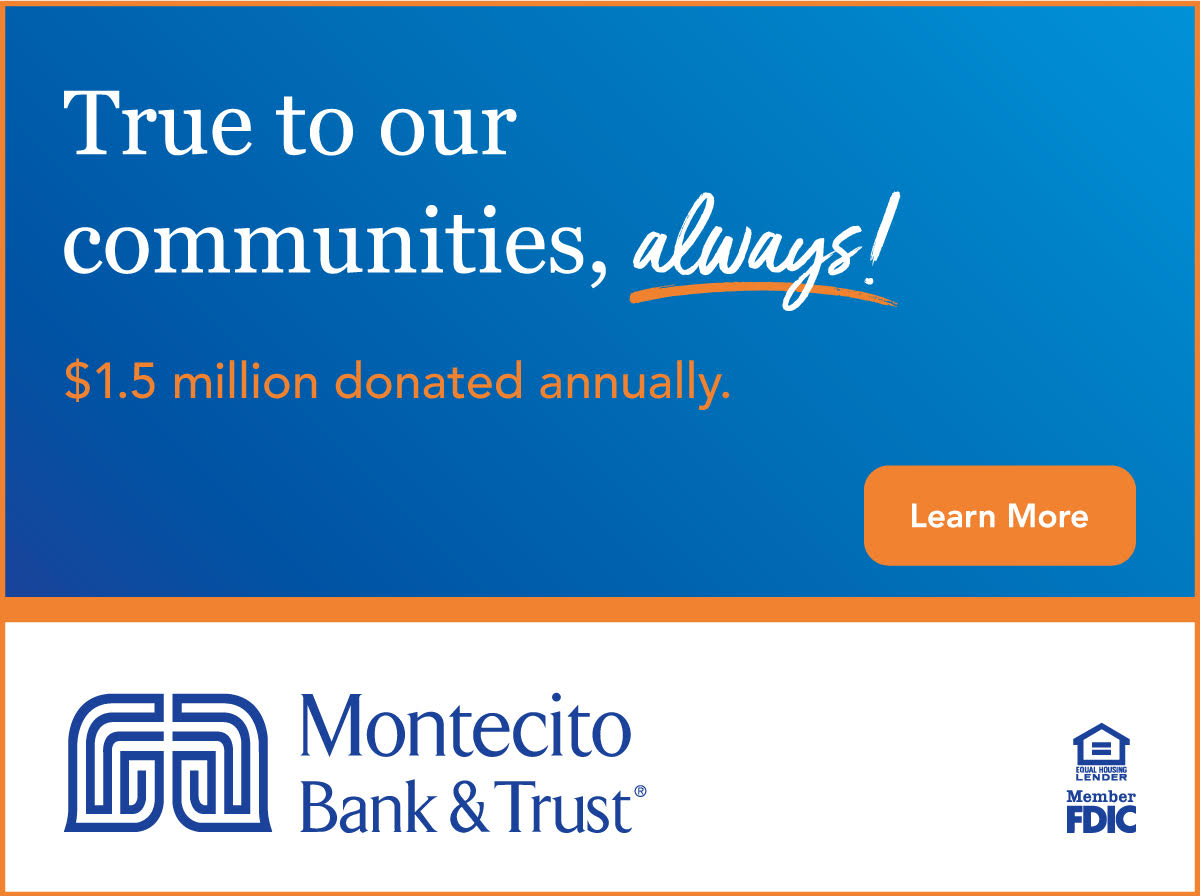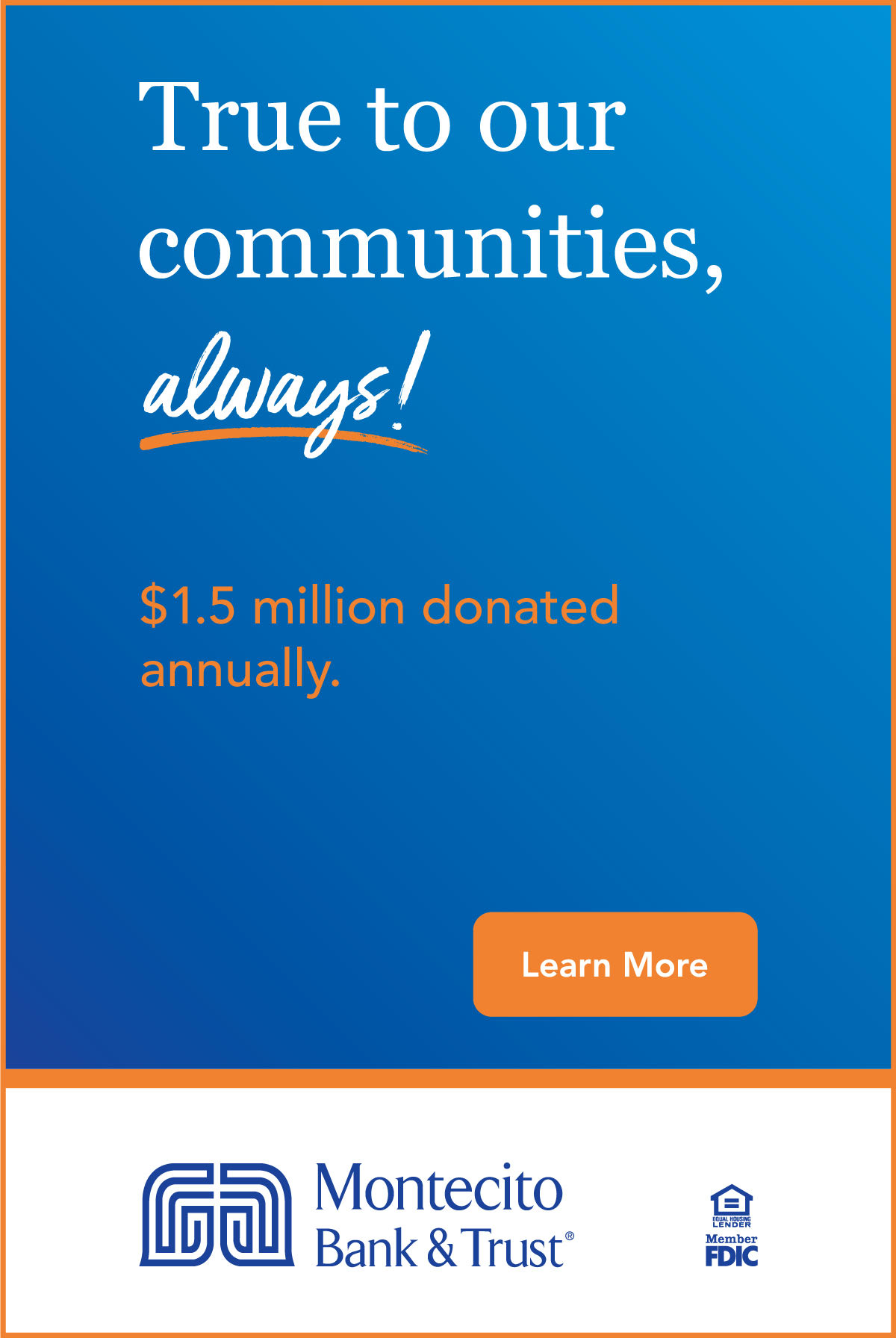Feeding the Flock
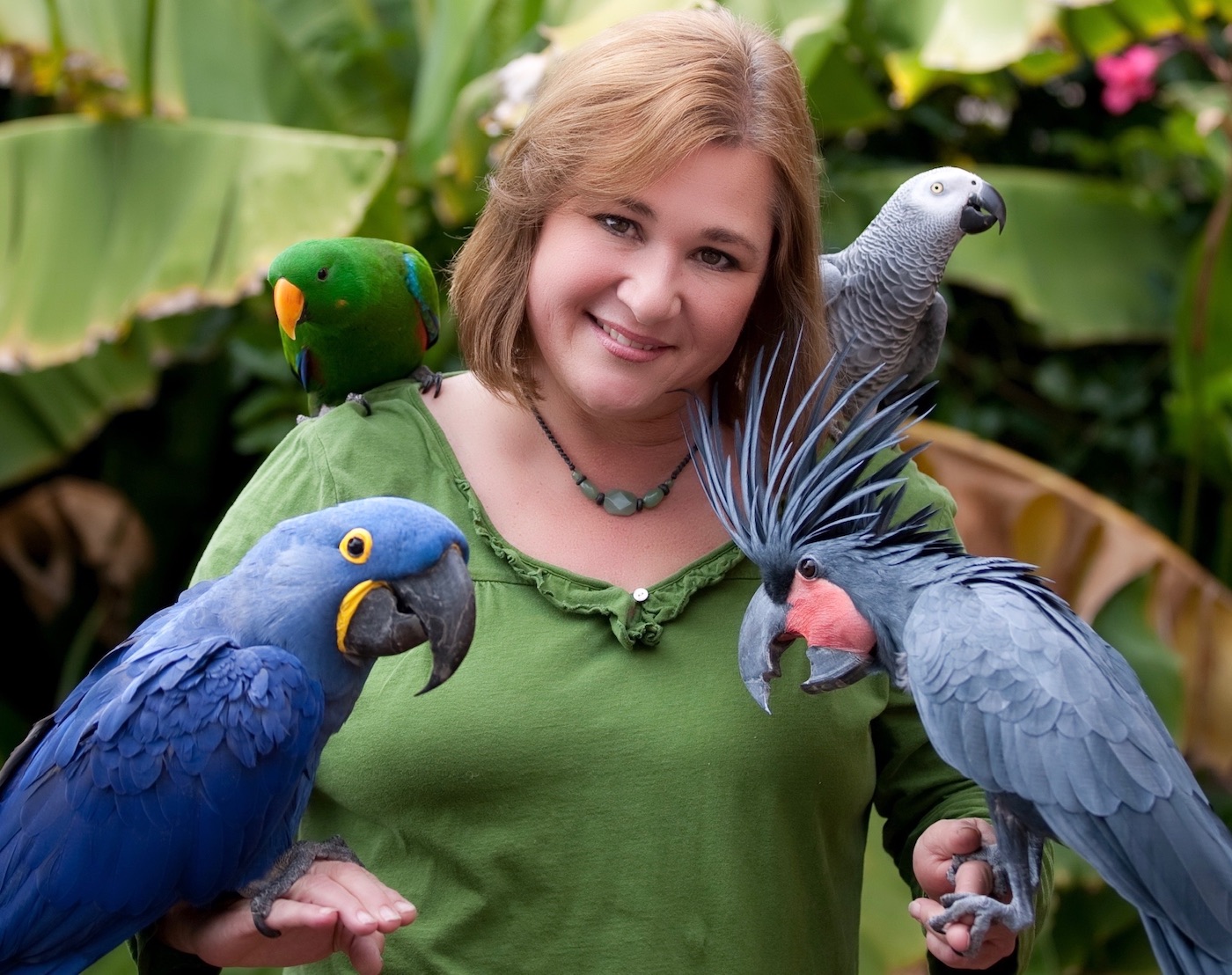
The COVID crisis has been quite a challenge for nearly everyone in the world. But for Santa Barbara Bird Sanctuary – the nonprofit founded in 2004 by director Jamie McLeod to rescue and often rehabilitate unwanted and displaced companion parrots – the pandemic really has been for the birds. Or rather, not so much, as the vagaries of the virus variants have really played havoc with the organization’s finances that go toward taking care of the exotic animals.
We don’t really want to parrot what was written in the annual Giving List book that was just published in November, but the situation at the Summerland site is still rather severe.
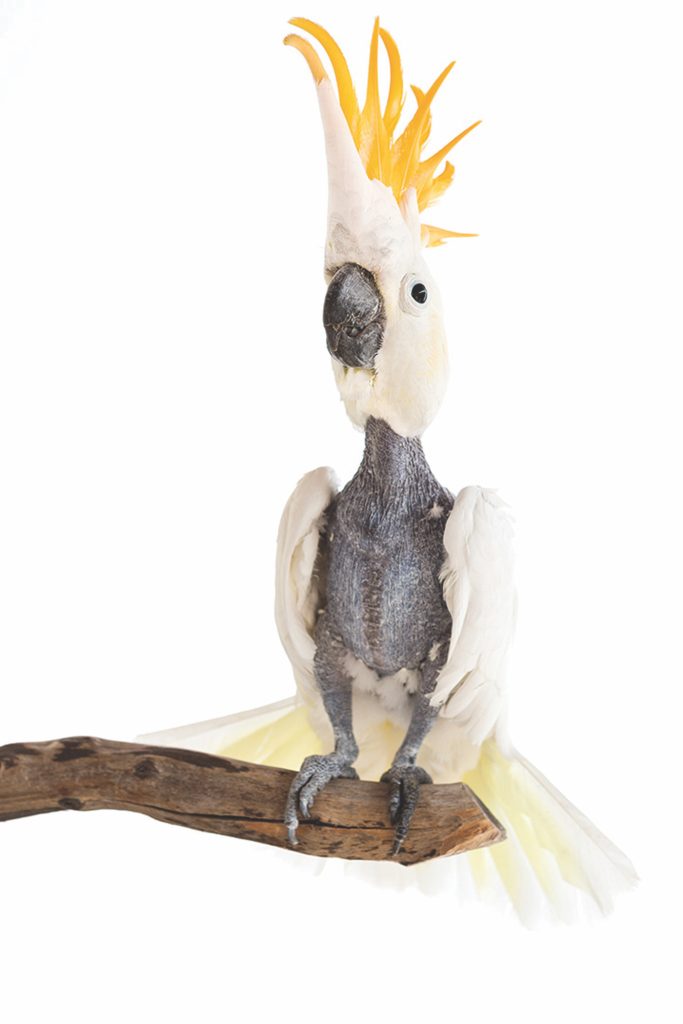
“We were really impacted by the Thomas Fire and the [Montecito] flood when everything was cut off for weeks and weeks, and then along came the pandemic,” McLeod explained. “So we basically had to utilize all of our long-term sustainable resources just to get us through to this period. We were very blessed with the help we got from being in the Giving List book. It was only through that effort that we were able to make it through the end of the year and have at least another month’s worth of funding in the coffers. But now it’s tough again.”
The problem, McLeod said, is that expenses at the Bird Sanctuary don’t really fluctuate – and with parrots in particular, the phrase “eat like a bird” is really a misnomer. The parrots need to be fed twice a day and they eat a far richer, and more expensive, diet than the bird seed in, say, a home feeder for sparrows.
“The birds don’t stop eating and the staff still has to prepare their food, so it’s not like we can just shut the doors and come back after the pandemic,” she said. “We have to be here for them seven days a week. They don’t understand there’s a pandemic. They just know people aren’t coming around much anymore.”
Fortunately, easing of restrictions has allowed the Bird Sanctuary to resume its regular hours, including offering daily docent-led tours ($20) of the facilities where the birds spend most of the day outdoors in aviaries in the garden. Special behind-the-scenes tours for up to five visitors at a time include a half hour with McLeod and a once-in-a-lifetime photo opportunity with all the show parrots, plus some play time.
“Everybody wants to touch and play with the birds, but we can’t do that with limited staff. When we do bring them out for the behind-the-scenes tour, people’s jaws are usually hanging open for the first 10 minutes.”
It sounds like a great time. But it’s fair to wonder why supporting exotic birds that are largely former pets should be a priority in a world where unhoused people roam the streets, cancer claims far too many lives, and kids are suffering abuse or issues with learning. But it’s pretty straightforward for McLeod, who earned degrees in exotic animal training and management and has a very extensive background working in zoos: It’s not the parrots’ fault. The birds are innocent.
“The birds are so beautiful,” she said. “They’re colorful, they’re incredibly intelligent. They talk. So people are very attracted to them and they think it’s very glamorous to have one. But then there’s the reality of when you take them home and you’re living with them. They’re wild animals. You’re going to get bitten and your furniture’s gonna get ruined. And they’re going to scream almost as loud as a 747.
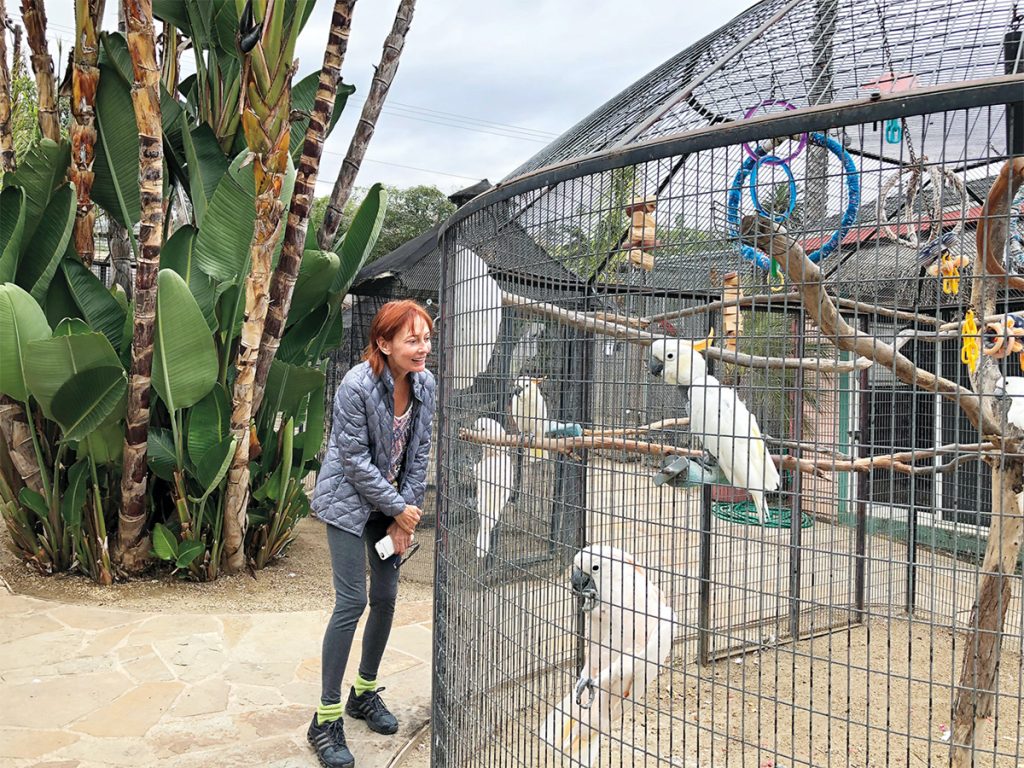
“So people end up giving them up because they have a problem with their behavior. But the birds don’t have problem behavior. They’re doing what they would naturally do in the wild, which is scream. But we selfishly take them and we clip their wings and we put them in a cage and we put their food in front of them and we wonder why they rip their feathers out and bite. We made them the victims. There’s literally a pandemic of unwanted parrots. People created this mess, and we have to be responsible for it.”
McLeod is saddened that the COVID protocols still preclude many of the larger on-site educational programs that brought groups to the sanctuary to see the birds in person and learn about their plights. “If I can make an impact on a child and get them to appreciate nature, instead of being the kid that shoots a bird with a BB gun, that’s almost more important than sheltering the birds because that will live on beyond me,” she said.
In addition, having been forced to cancel or not even bother to schedule fundraising events, the Bird Sanctuary is still at risk for survival and is still searching for donors and patrons to ensure the ongoing care for the 50 feathered creatures on site in Summerland. There are many ways people can help, from one-time donations, to ongoing gifts including sponsoring one or more birds in the sanctuary’s Forever Flock for as little as $20 a month. A beautiful commemorative book filled with stunning photographs called Avian Ambassadors of the Santa Barbara Bird Sanctuary costs $50 and comes with a link to the video “Under Her Wing” which follows McLeod at the sanctuary, documenting the challenges and rewards of caring for parrots with their larger-than-life personalities and needs. The organization’s first annual Meet The Flockers calendar ($15) boasts 12 months of photos along with both traditional and bird inspired holidays.
Volunteers are always needed, too, McLeod said, as COVID has claimed staff member hours one way or another over recent months. “Having other people who can come and pinch hit when we’re short-staffed really helps because the birds still have to eat twice a day. And if people aren’t able to financially support us there, they may have a skill set that would be really helpful. We need a social media manager, and help with graphic design, for example. Time and talent is always valuable.”
Fortunately, through recent publicity, Santa Barbara Bird Sanctuary is no longer flying under the radar. And McLeod is determined to persevere to keep the center open in Summerland.
“I don’t give up easily and the birds are counting on us. It takes a village to feed the flock. But we’ve got the best village in the whole world.”
(Santa Barbara Bird Sanctuary, 2430 Lillie Avenue, Summerland. Call 805-565-1807 or visit www.sbbird.org.)
Santa Barbara Bird Sanctuary
Donate now!Matching Challenge
Through March 15, 2022, the first $2,500 donated will be matched thanks to The Giving List’s novel matching program.
Saving the Sanctuary
McLeod and Rugg have pulled out all the stops to save the Sanctuary – applying for foundation grants, requesting individual donations, embarking on a marketing campaign to tourism agencies and travel guides, and restarting docent tours. “If the pandemic allows us to stay open, we will plan fundraisers,” says Rugg, “that will bring people to the Sanctuary who would not ordinarily visit just because they love parrots.” One of the events will be a wine and chocolate pairing event, with appearances by a few of the birds. “We would host the event here at the Sanctuary,” Rugg adds, “so that people would say ‘This place is amazing! Let’s come back… and bring our friends!’”
Mission
Our goals are to create positive, enriching environments for companion parrots, minimize neglect and ignorance that lead to relinquishment, and make space for birds entrusted to us who outlive their owners.
www.sbbird.org
(805) 969-1944
Founder and Sanctuary Director: Jamie McLeod
Begin to Build a Relationship
We know you care about where your money goes and how it is used. Connect with this organization’s leadership in order to begin to build this important relationship. Your email will be sent directly to this organization’s director of development and/or Executive Director.
The Santa Barbara Bird Sanctuary is a life saver for parrots large and small. The Sanctuary provides a clean jungle-like environment for its parrot flock, many of whom require a therapeutic respite from their previous homes. Here, the birds have a chance to recover from the situations that caused them to scream nonstop or mutilate themselves through feather picking. Jamie McLeod and her team of well-trained professionals provide the best avian care and education on the West Coast. We are so fortunate to have the Santa Barbara Bird Sanctuary in our community. The Sanctuary has had my support from the day it opened, and it continues to fulfill a unique niche for all bird lovers and parrot species.
Key Supporters
Dakoda’s Fund
Max and Victoria Dreyfus Foundation
Smart Family Foundation
Jeanette Webber Trust
Wood-Claeyssens Foundation
Scott Becker and Isabel Marcus
Mike and Sheila Bonsignore
Noelle Burkey
Tim Dyer and Kelly Fairwell
Janet Fulk and Peter Monge
Leesa Givot
Peter and Elizabeth Gray
Leah Lollar
Lorraine McIntire
Will and Ellen Oswald
Hal and Jodi Price
Geonine Scott
John and Laurie Tilson
Fred and Linda Wudl
Principal Officers of SBBS
Board of Directors:
Erica Brege
Nancy Brough
Leslie Crane Rugg
